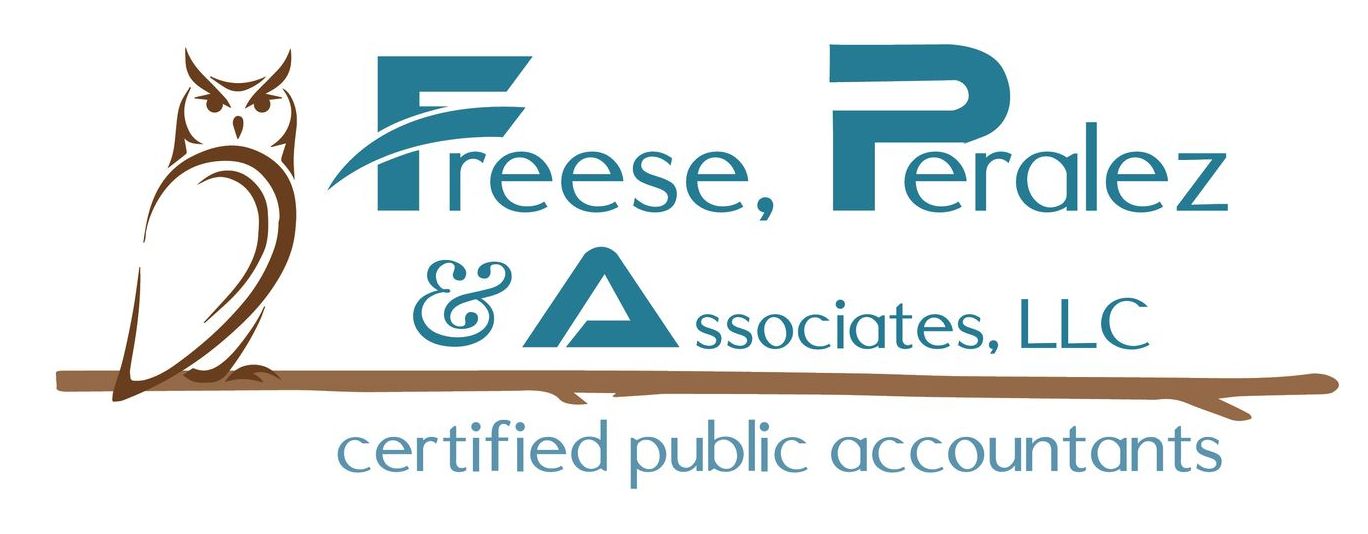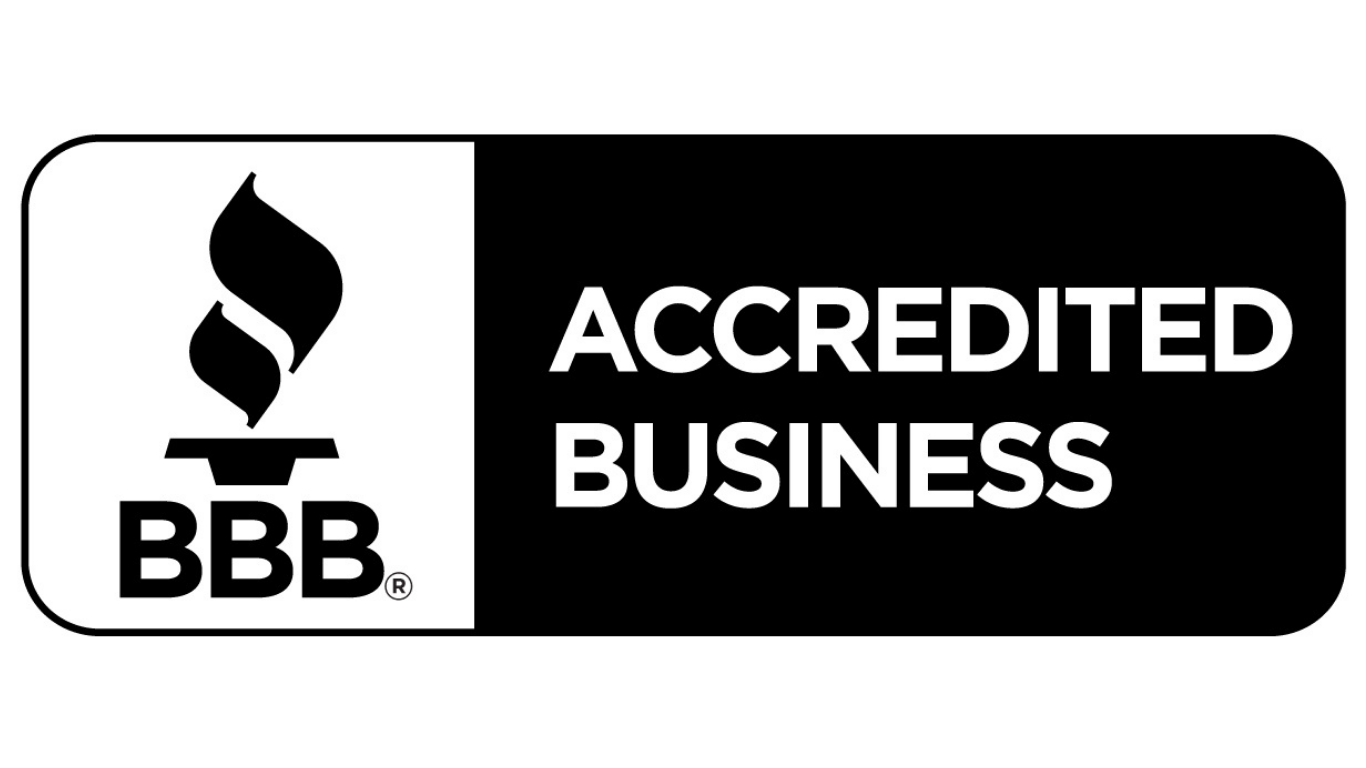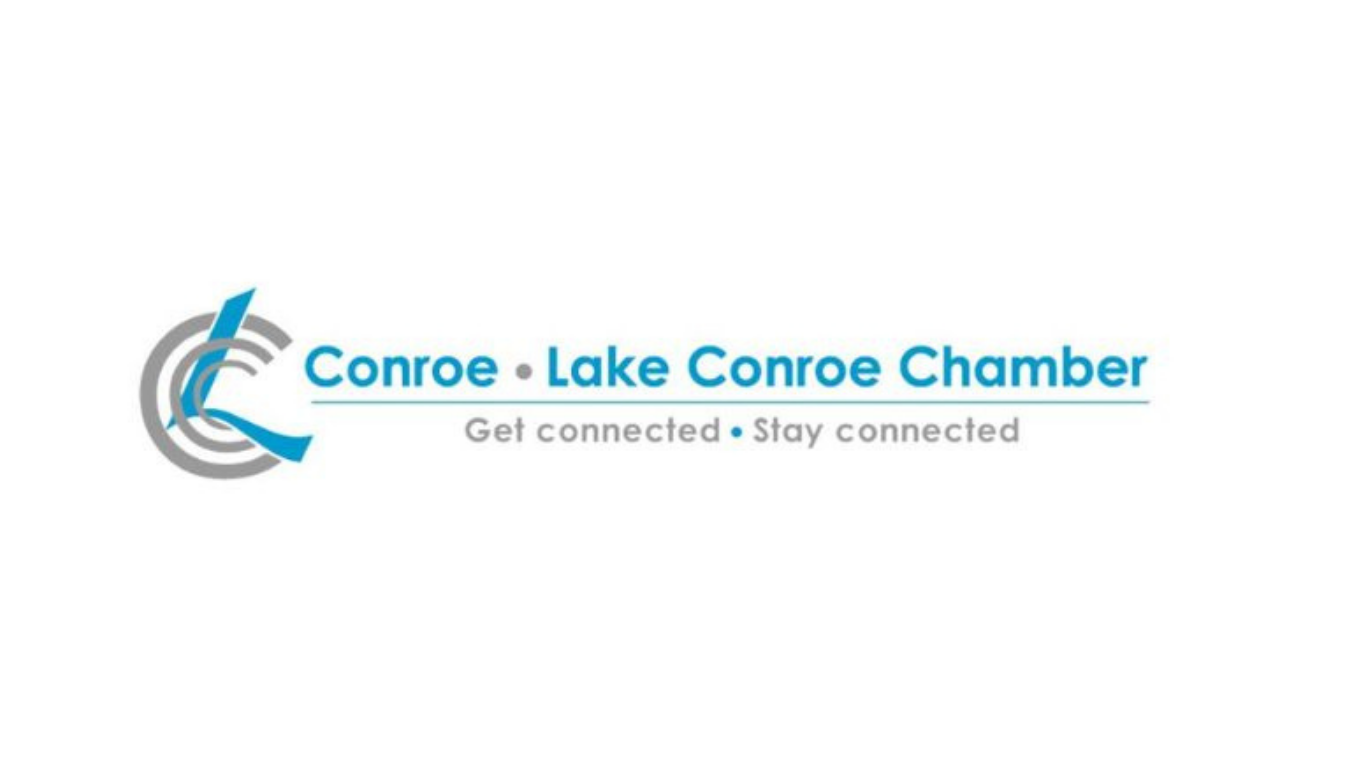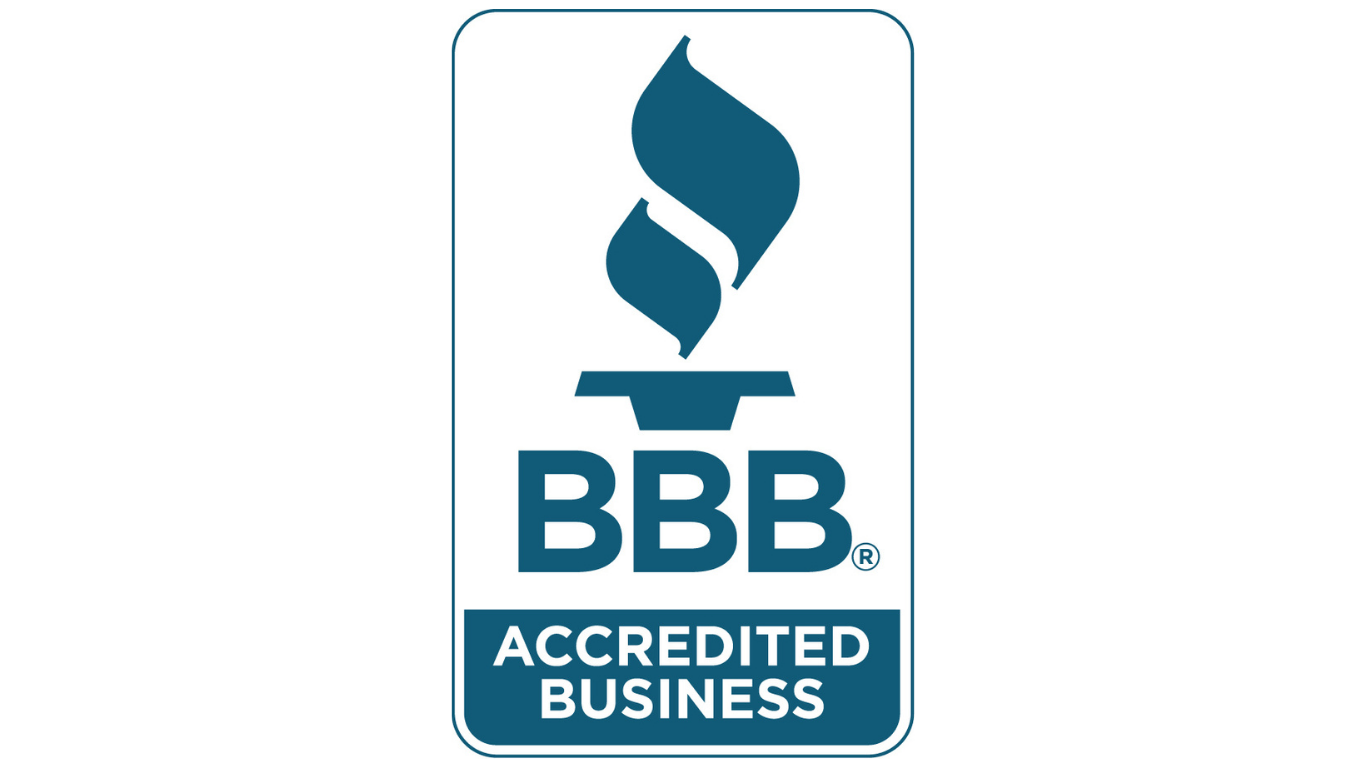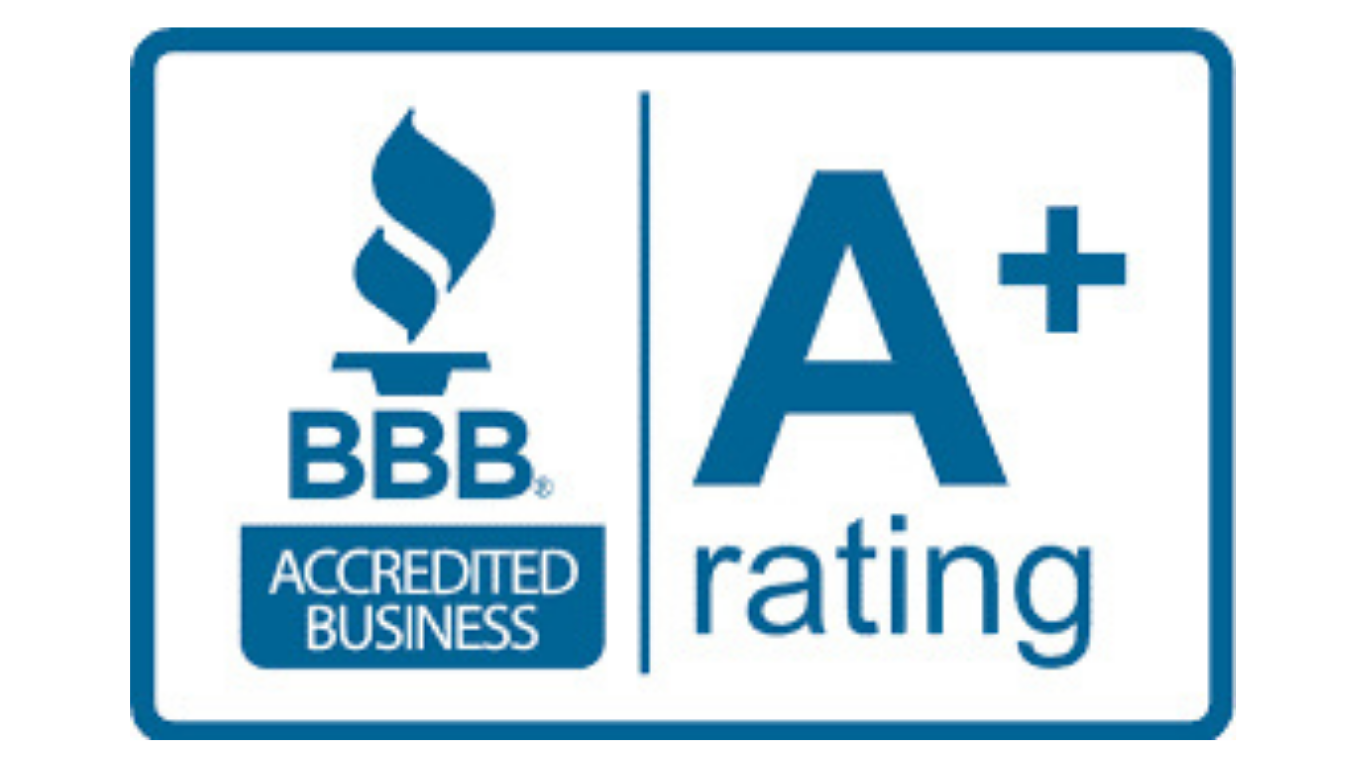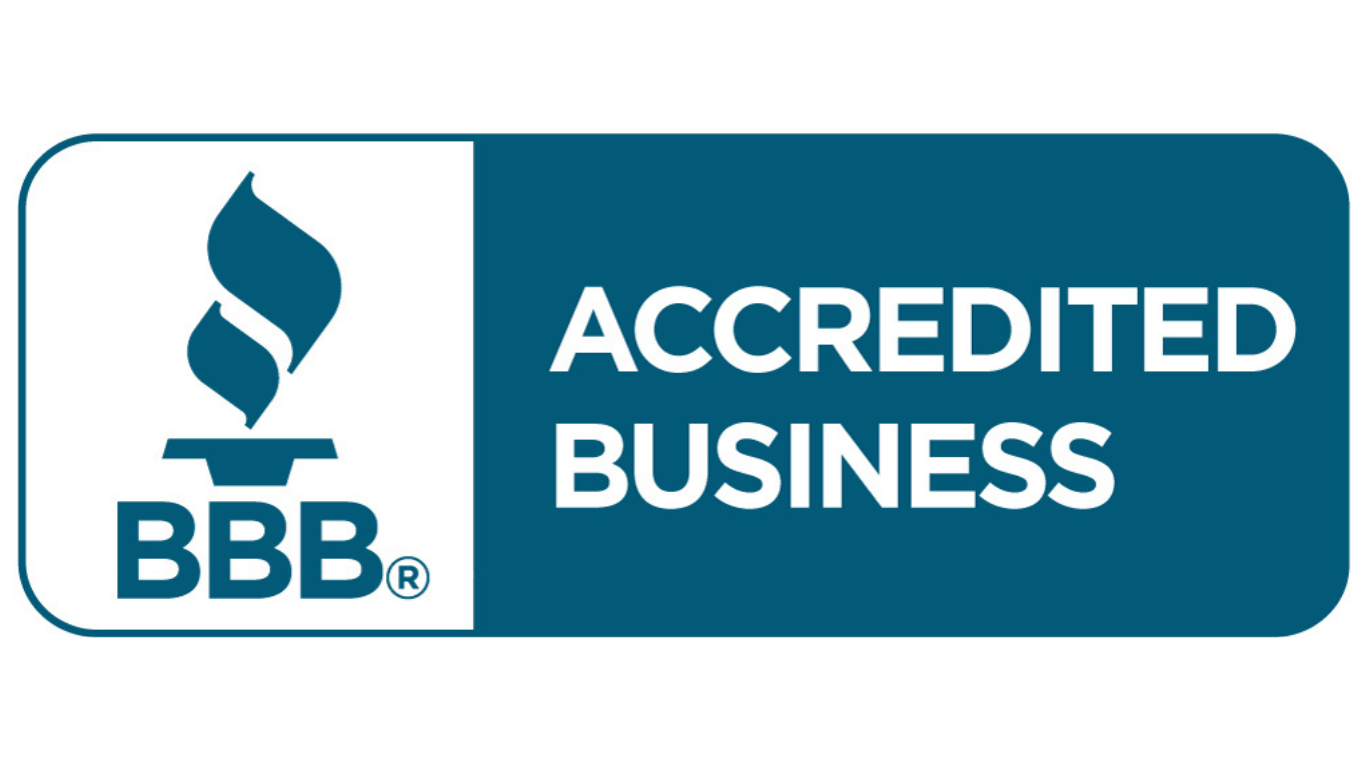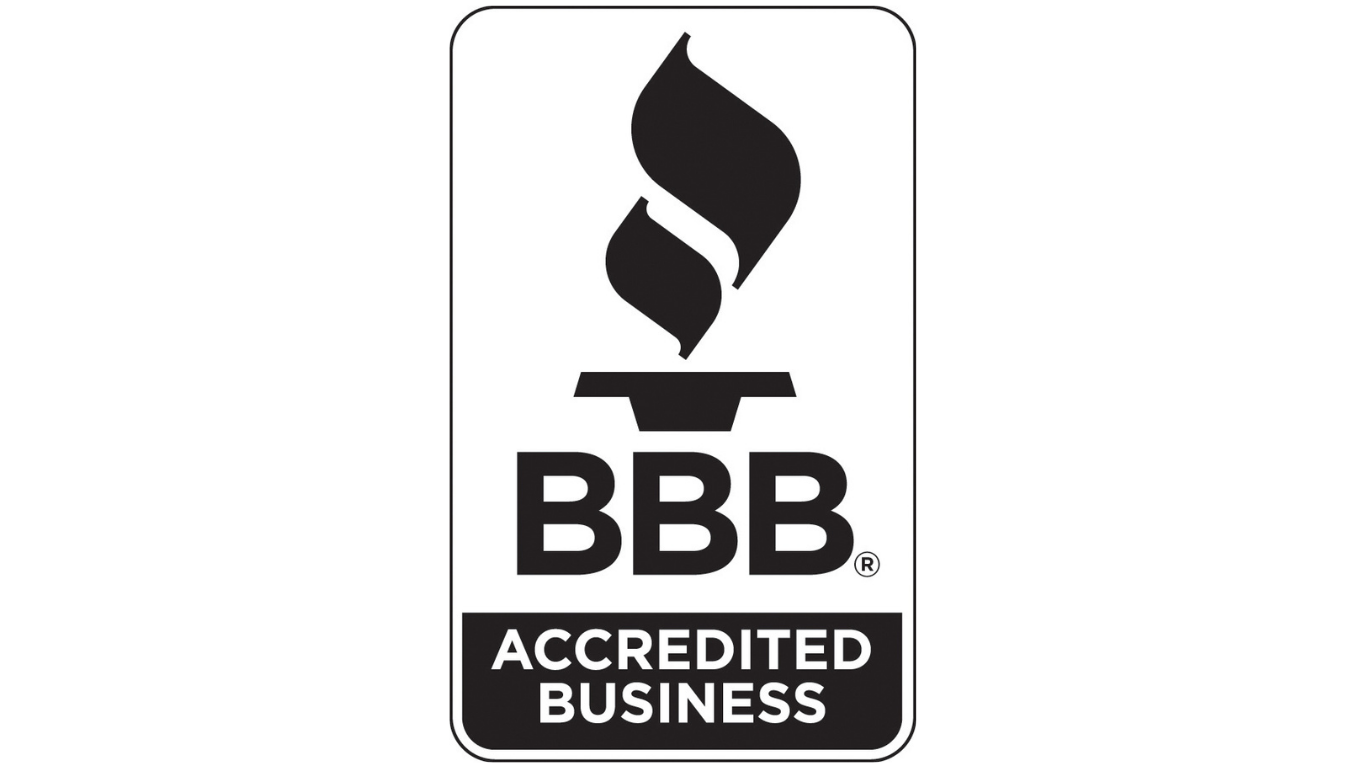The IRS clarifies what counts as qualified medical expenses
The IRS clarifies what counts as qualified medical expenses

If you itemize deductions on your tax return, you may wonder: What medical expenses can I include? The IRS recently issued some frequently asked questions addressing when certain costs are qualified medical expenses for federal income tax purposes.
Basic rules and IRS clarifications
You can claim an itemized deduction for qualified medical expenses that exceed 7.5% of your adjusted gross income. You can also take tax-free health savings account (HSA), health care flexible spending account (FSA) or health reimbursement account (HRA) withdrawals to cover qualified medical expenses. However, qualified medical expenses don’t include those for things that are merely beneficial to your general health.
The answers to the IRS FAQs clarify the following points, starting with the ones we think are most interesting.
- As a general rule, the costs of over-the-counter (non-prescription) drugs don’t count as qualified medical expenses. However, the cost of insulin is eligible. Over-the-counter drugs and menstrual care products can be reimbursed tax-free by an HSA, medical expense FSA, or HRA, but the costs don’t count as qualified medical expenses for medical expense deduction purposes.
- If you pay for nutritional counseling, the cost is a qualified medical expense only if it treats a specific disease diagnosed by a physician, such as obesity or diabetes.
- The cost of a weight-loss program is also a qualified medical expense only if it treats a specific disease diagnosed by a physician such as obesity, diabetes, hypertension or heart disease.
- Gym membership costs are qualified medical expenses only if the gym is for the sole purpose of: 1) affecting a structure or function of the body, such as part of a prescribed plan for physical therapy to treat an injury or 2) treating a specific disease diagnosed by a physician such as obesity, hypertension or heart disease. However, the cost of an exercise program that improves general health, such as swimming or dancing, isn’t eligible even if it’s recommended by a doctor.
- Food or beverages purchased for weight loss or other health reasons are qualified medical expenses only if the food or beverages: 1) don’t satisfy normal nutritional needs, 2) alleviate or treat an illness and 3) are needed according to a physician. Even if all of these requirements are met, the amount that can be treated as a qualified medical expense is limited to the amount by which the cost of the food or beverages exceeds the cost of products that satisfy normal nutritional needs.
- The costs of nutritional supplements are qualified only if they’re recommended as treatment for a specific medical condition diagnosed by a physician.
- Smoking cessation program costs are qualified medical expenses because they treat the disease of tobacco use disorder. Similarly, the amounts paid for programs to treat drug and alcohol abuse are qualified medical expenses because they treat the diseases of substance use and alcohol use disorders.
- The cost of therapy for treatment of a disease is a qualified medical expense. For example, the cost of therapy to treat a diagnosed mental illness is eligible, but the cost of marital counseling isn’t.
- Unsurprisingly, the costs of dental exams, eye exams and physical exams are qualified medical expenses because they provide a diagnosis of whether a disease or illness is present.
Count all eligible expenses
If you meet or are close to the threshold to deduct medical expenses, you want to count every one that’s eligible. Be sure to save documentation and we can evaluate expenses when we prepare your tax return.
Contact us to schedule an appointment today!

